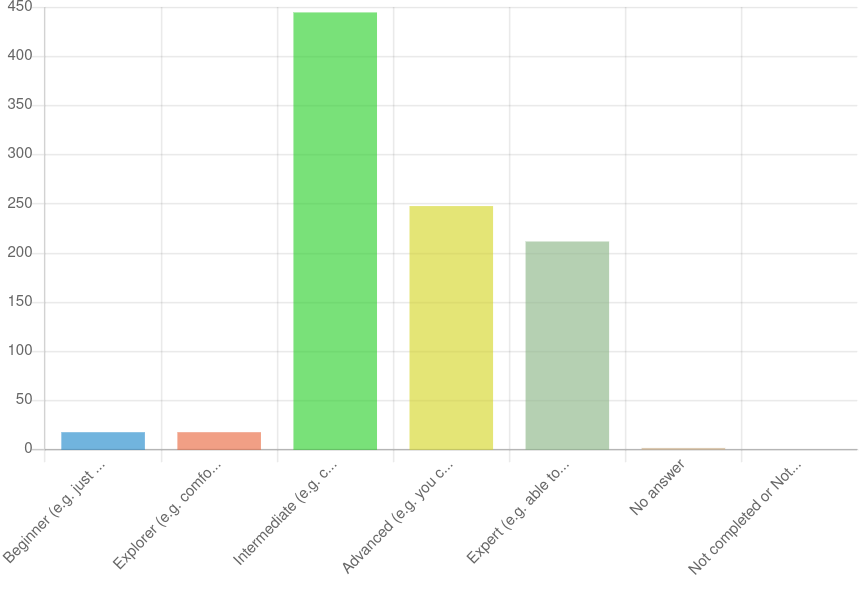Author: Thom Holwerda
Source
Sponsored:
Working in Public: The Making and Maintenance of Open Source Software - Audiobook

Unlock the Digital Creator Code!
VMS Software, the company developing OpenVMS, has announced some considerable changes to its licensing program for hobbyists, and the news is, well, bad. The company claims that demand for hobbyist licenses has been so high that they were unable to process requests fast enough, and as such, that the program is not delivering the “intended benefits”. Despite this apparent high demand, contributions from the community, such as writing and porting open-source software, creating wiki articles, and providing assistance on their forums, “has not matched the scale of the program”. Now, I want to stop them right here. The OpenVMS hobbyist program was riddled with roadblocks, restrictions, unclear instructions, restrictive licensing, and similar barriers to entry. As such, it’s entirely unsurprising that the community around a largely relic of an operating system – with all due respect – simply hasn’t grown enough to become self-sustainable. The blame here lies entirely with VMS Software itself, and not at all with whatever community managed to form around OpenVMS, despite the countless restrictions. So, you’d expect them to expand the program, right? Perhaps embrace open source, or make the various versions and releases more freely and easily available? No, they’re going to do the exact opposite. To address not getting enough out of their community, they’re going to limit that community’s options even more. First, they’re ending the community program for the Alpha and Itanium (which they call Integrity, since it covers HP’s Integrity machines), effective immediately, so they won’t be granting any new licenses for these architectures. Existing licenses will continue to work until 2025. Effective immediately, we will discontinue offering new community licenses for non-commercial use for Alpha and Integrity. Existing holders of community licenses for these architectures will get updates for those licenses and retain their access to the Service Portal until March 2025 for Alpha and December 2025 for Integrity. All outstanding requests for Alpha and Integrity community licenses will be declined. ↫ VMS Software announcement This sucks, but with both Alpha and Itanium being end-of-life, there’s at least some arguments that can be made for ending the program for these architectures. Much less defensible are the changes to x86-64 community licensing, which basically just come down to more bureaucracy for both users and VMS Software. For x86 community licenses, we will be transitioning to a package-based distribution model (which will also replace the student license that used to be distributed as a FreeAXP emulator package). A vmdk of a system disk with OpenVMS V9.2-2 and compilers installed and licensed will be provided, along with instructions to create a virtual machine and the SYSTEM password. The license installed on that system will be valid for one year, at which point we will provide a new package. While this may entail some inconvenience for users, it enables us to continue offering licenses at no cost, ensuring accessibility without compromising our sustainability. ↫ VMS Software announcement The vibe I’m getting from this announcement is that by offering some rudimentary and complicated form of community licensing, OpenVMS hoped to gain the advantages of a vibrant open source community, without all the downsides. They must’ve hoped that by throwing the community a bone, they’d get them to do a bunch of work for them, and now that this is not panning out, they’re taking their ball and going home. That’s entirely within their right, of course, but I doubt these changes are going to make anyone more excited to dig into OpenVMS. All of this feels eerily similar to the attempts by QNX – before being acquired by BlackBerry – to do pretty much the same thing. QNX also tried a similar model where you needed to sign up and jump through a bunch of hoops to get QNX releases, and the company steeped it in talks of building a community, but of course it didn’t pan out because people are simply not interested in a one-way relationship where you’re working for free for a corporation who then takes your stuff and uses it to sell their, in this case, operating system. This particular mistake is made time and time again, and it seems VMS Software simply did not learn this lesson.



